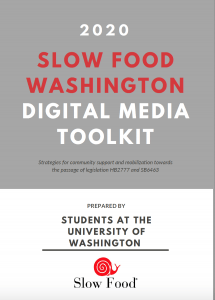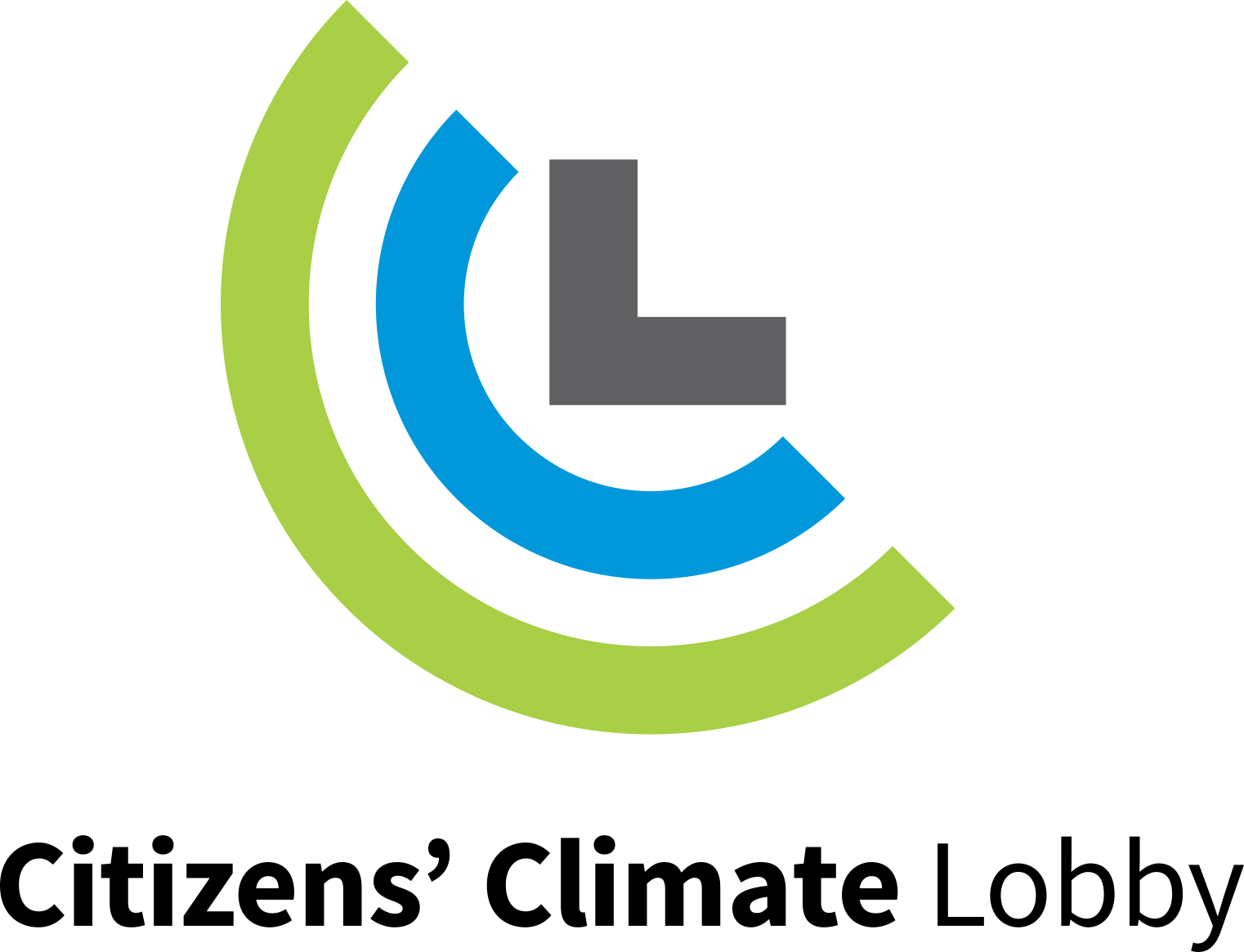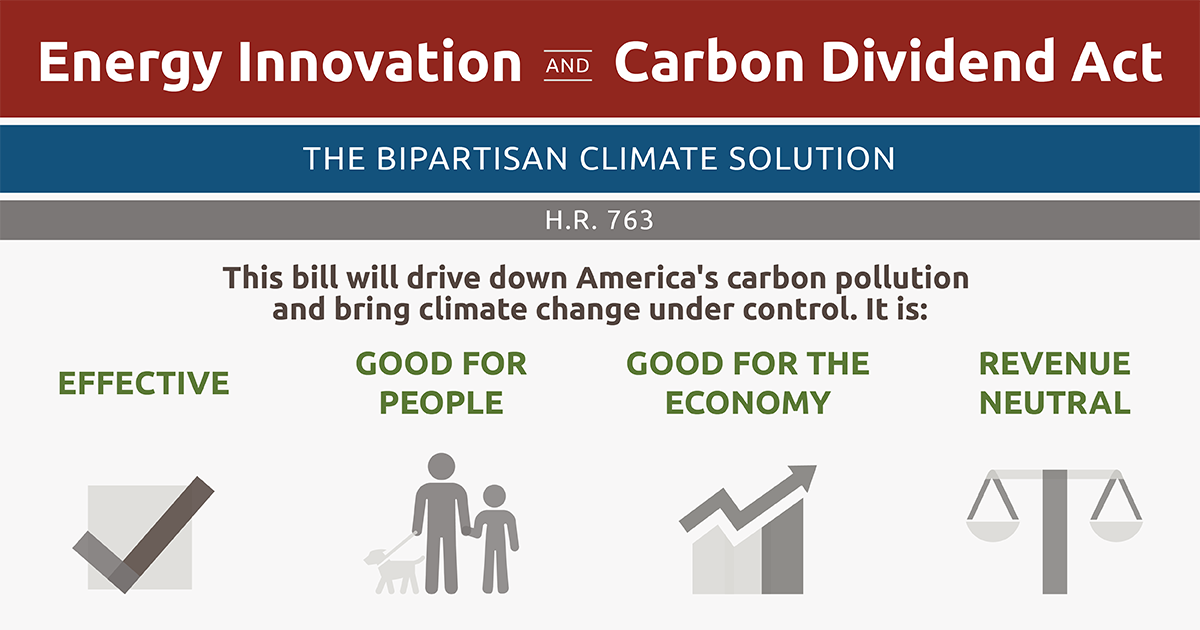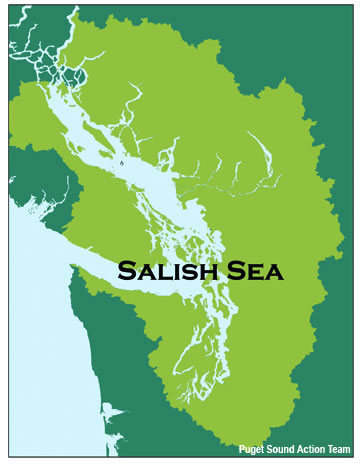I want to talk about the racial issues and tension going on right now. I think it speaks to the systemic approach of this class and how there is no such thing as an isolated event. When I think about racial tension, racism and the current protests there is a historical tie and overall a timeline of injustice. 400 years of oppression and the single event of George Floyd’s murder are intrinsically connected, it’s never just one bad cop it is the system that has fueled and allowed for these actions. Specifically when slavery was abolished the police force was created as a patrol to control freed slaves and was also used to maintain slave labor by imprisoning Black people for “crimes” and then forcing them to work as prisoners again. This shows that while it looks like police violence are isolated issues they actually are connected by the fact that the system was created as a racist oppressive force to control Black people. The protests while happening right now, are rather the culmination of 400 years of oppression, government disregard for its most vulnerable citizens, and the final straw of the murder of George Floyd, Breonna Taylor, and others. These events are all connected and show the importance of considering all these factors when talking about racial justice.
I think that the food system is actually one of the worst offenders of racist actions. It started with the taking of Native Americans food, and using slave labor to tend to the fields. This doesn’t even stop when the 13th amendment is passed, because convicts can still be forced to work on fields because they’re considered “criminals.” While this practice isn’t used today, there are now migrant laborers who are paid the lowest wages possible. A final problem is the disparity in diet related diseases such as diabetes and obesity. This is primarily because of the lack of healthy resources available in food deserts and low income neighborhoods. To honestly change the food system for better the racism and disparity in resources needs to be addressed first.


















